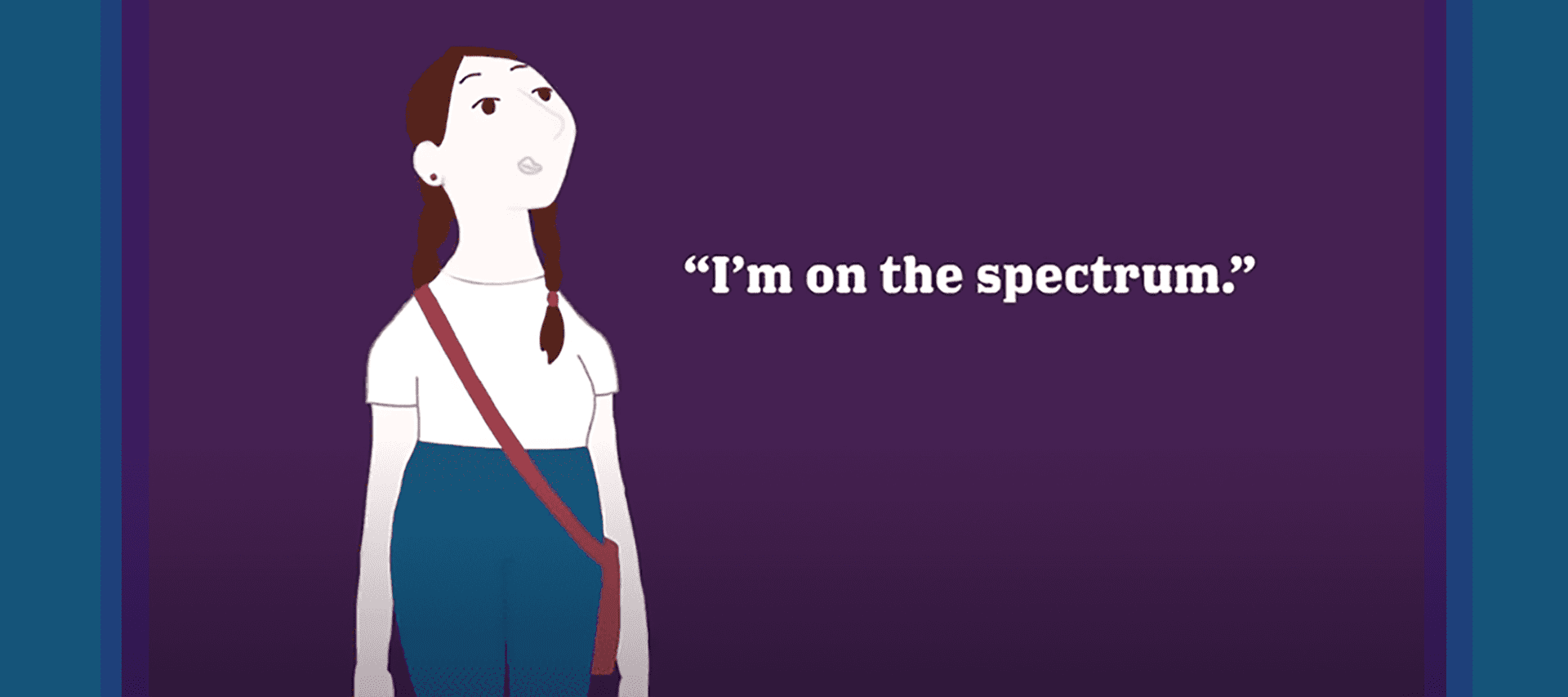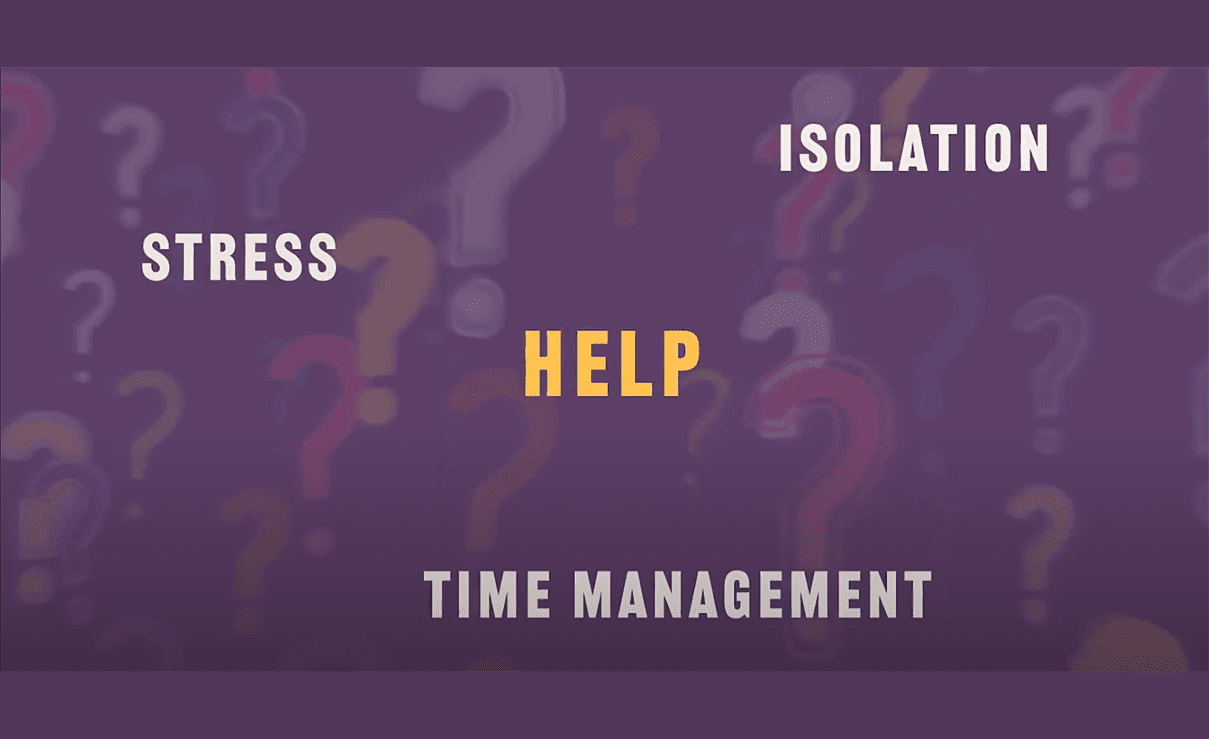

diagnosis disclosure: courage and consequences
by Dr. Jan Blacher, Ph.D.
Many students on the spectrum struggle with the disclosure question, espeially when completing college applications. Here’s my take:
IF EVER THERE WAS A TIME to disclose your autism, this is it. The current adoption of Diversity, Equity, and Inclusion (DEI) on college campuses should, by definition, embrace neurodiversity as well. If you’re reading this, then you – or someone close to you – are considering disclosing.
Most college applications require an essay for one or more of the following reasons: 1) to assess your writing skills; 2) to assess your creativity or depth of knowledge; and 3) to learn something important about you. It takes courage to share your autism diagnosis with admissions officials, so if you elect to do so, why not point out what you see as your own “autism assets?” Perhaps your attention to detail will make you an outstanding member of a science lab, or your drawing expertise will be helpful on a student publication?
Once at college you find that, so far, only the disability support services personnel know about your autism. All of your professors will receive notices that you “require accommodations” for whatever your special needs are: note-taking, test-taking, seating in class, small group assignments, time on tests. The professor signs the form and otherwise pays you no-mind.
Why not point out your own “autism assets?” Perhaps your attention to detail will make you and outstanding member of a science lab, or your drawing expertise will be helpful on a student publication?

If all is going well for you, this might be enough.
On the other hand, IF, in a different class, the professor is hostile to you when you raise your hand repeatedly, or seems indifferent to you during office hours, or ignores your requests to have the fluorescent lighting fixed so that it stops blinking incessantly. In this case, I would argue that the professor would benefit from the knowledge that you have autism. Here again, it takes courage to disclose your disability, and it is a very personal decision that only you can make. You ask yourself: To disclose, or not to disclose? Do I expect something to improve if I do?
To help you in making the disclosure decision, here are some potential costs and benefits of disclosure.
some costs and consequences of disclosing
Let’s start with the costs:
1. once it’s out, you can’t take it back.
It won’t work to announce that you are autistic one day, and neurotypical the next. When you make the decision to disclose, own it. One of the students featured in the film, Autism Goes to College (AGTC) says, “I kind of wish I had a hat that said, ‘I have autism.’” We’re not recommending this approach, but once you disclose to your professors, or friends, the effect could be similar.
2. possible sharing without your consent
Unless you ask the professor or your friends to keep your diagnosis confidential, you cannot be sure they won’t tell anyone. Hopefully, if the professor shares with other colleagues, it will serve to your advantage, but you have no control over that.

3. your interactions with professors may change—negatively
Disclosure could result in seeing the label instead of the person. For a small minority, the information might actually influence some professors to view you [incorrectly] as less capable than before. Of course, the purpose of the film and of this Online Resource Center and accompanying material for professors is to help faculty view autistic college students as perhaps different, but no less able.
“I kind of wish I had a hat that said, ‘I have autism.’”
the benefits of disclosing
On the other hand, you could enjoy some benefits from disclosing.
self advocacy is empowering
You get to decide what you want (e.g., letting others know about your autism), and how this should happen. You become the decision-maker.
interest, respect, better understanding
Some professors will then recognize the special strengths of autism and how autistic students are an asset to the class and an important part of student diversity.
better classroom accommodations
In general, once they learn about your autism, professors are poised to receive information about how they can help. Most Disability Support Services offices provide such information, and are legally required to do so, but you as the student should also feel free to direct the conversation. Let professors know that you would appreciate longer timelines for completing projects, or more explicit instructions. Perhaps make suggestions on how to reduce classroom distractions.

relief for you
Many students have shared the relief they feel after they disclosed their autism. You can’t beat that.
So, if being autistic is an important part of your identity, share it proudly. If not, there is no need to disclose to others beyond the folks at the disability services offices.
diagnosis disclosure: courage and consequences
by Dr. Jan Blacher, Ph.D.
Many students on the spectrum struggle with the disclosure question, espeially when completing college applications. Here’s my take:
IF EVER THERE WAS A TIME to disclose your autism, this is it. The current adoption of Diversity, Equity, and Inclusion (DEI) on college campuses should, by definition, embrace neurodiversity as well. If you’re reading this, then you – or someone close to you – are considering disclosing.
Most college applications require an essay for one or more of the following reasons: 1) to assess your writing skills; 2) to assess your creativity or depth of knowledge; and 3) to learn something important about you. It takes courage to share your autism diagnosis with admissions officials, so if you elect to do so, why not point out what you see as your own “autism assets?” Perhaps your attention to detail will make you an outstanding member of a science lab, or your drawing expertise will be helpful on a student publication?
Once at college you find that, so far, only the disability support services personnel know about your autism. All of your professors will receive notices that you “require accommodations” for whatever your special needs are: note-taking, test-taking, seating in class, small group assignments, time on tests. The professor signs the form and otherwise pays you no-mind.
Why not point out your own “autism assets?” Perhaps your attention to detail will make you and outstanding member of a science lab, or your drawing expertise will be helpful on a student publication?

If all is going well for you, this might be enough.
On the other hand, IF, in a different class, the professor is hostile to you when you raise your hand repeatedly, or seems indifferent to you during office hours, or ignores your requests to have the fluorescent lighting fixed so that it stops blinking incessantly. In this case, I would argue that the professor would benefit from the knowledge that you have autism. Here again, it takes courage to disclose your disability, and it is a very personal decision that only you can make. You ask yourself: To disclose, or not to disclose? Do I expect something to improve if I do?
To help you in making the disclosure decision, here are some potential costs and benefits of disclosure.
some costs and consequences of disclosing
Let’s start with the costs:
1. once it’s out, you can’t take it back.
It won’t work to announce that you are autistic one day, and neurotypical the next. When you make the decision to disclose, own it. One of the students featured in the film, Autism Goes to College (AGTC) says, “I kind of wish I had a hat that said, ‘I have autism.’” We’re not recommending this approach, but once you disclose to your professors, or friends, the effect could be similar.
2. possible sharing without your consent
Unless you ask the professor or your friends to keep your diagnosis confidential, you cannot be sure they won’t tell anyone. Hopefully, if the professor shares with other colleagues, it will serve to your advantage, but you have no control over that.

3. your interactions with professors may change—negatively
Disclosure could result in seeing the label instead of the person. For a small minority, the information might actually influence some professors to view you [incorrectly] as less capable than before. Of course, the purpose of the film and of this Online Resource Center and accompanying material for professors is to help faculty view autistic college students as perhaps different, but no less able.
“I kind of wish I had a hat that said, ‘I have autism.’”
the benefits of disclosing
On the other hand, you could enjoy some benefits from disclosing.
self advocacy is empowering
You get to decide what you want (e.g., letting others know about your autism), and how this should happen. You become the decision-maker.
interest, respect, better understanding
Some professors will then recognize the special strengths of autism and how autistic students are an asset to the class and an important part of student diversity.
better classroom accommodations
In general, once they learn about your autism, professors are poised to receive information about how they can help. Most Disability Support Services offices provide such information, and are legally required to do so, but you as the student should also feel free to direct the conversation. Let professors know that you would appreciate longer timelines for completing projects, or more explicit instructions. Perhaps make suggestions on how to reduce classroom distractions.

relief for you
Many students have shared the relief they feel after they disclosed their autism. You can’t beat that.
